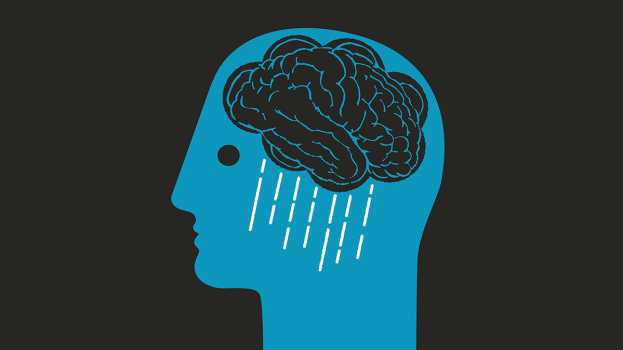The younger generation of millennials are experiencing a much higher risk for mental health issues than previous generations.
Levels of depression, anxiety and suicidal thoughts are becoming problematically high for today’s teens. While there may be many factors causing many of these issues, experts believe that more millennials struggle with perfectionism and elevated expectations, which can be the leading cause of depression.
There is not one single factor that will lead to the onset of depression. Genes and family tendencies can determine whether someone is likely to be more susceptible to depression. But there are also many other factors that can act as potential triggers which may prompt depression, including the pressure of modern life on young people.
This younger generation may feel more pressure to pursue achieve higher education, have a successful career and have a better social standing. High personal standards and overly critical self-evaluations are causing millennials to struggle with the type of perfectionism that negatively affects their mental health.
In our modern society, young people are fed information which puts pressure on them to meet needs that are often unrealistic. They are inundated with images as to how they are meant to look, what they are meant to have and how they are meant to behave, all based on the assumption that this is important to life. If young people feel that they do not meet the images that are portrayed to them via the media or peers, they can often feel different, like they are not good enough.
College can be a positive setting for learning, growth and development for many young individuals. However, it can also be a place where young people struggle in terms of fitting in, keeping up with a heavy workload, performance pressures and exam stress.

Failing an important exam can cause great frustration and may lead to depressed feelings. Bullying is also an issue that unfortunately affects many young people. Bullying can have a serious effect on a young person’s mental and physical health.
The current generation of teens and college students seem to be dealing with more of these pressures than previous generations. Social media may also play a significant role in developing feelings of competitiveness and perfectionism that are contributing to mental health issues.
Seeing peers posting their achievements on social media can increase feelings of insecurity and the desire to do as well as others. Previous studies have found that social media sites, such as Instagram, tend to have a negative impact on self-esteem and body image, especially among young teens. Spending too much time on social media and comparing with others online can lead to feelings of depression and isolation.
It is not always easy to recognize the signs of depression in young people. Young millennials face many challenges as they find their way in life, but most are able to balance their common troubles with good friendships or outside activities and develop a strong sense of self.
Certain negative behaviors are to be expected, such as occasional bad moods and acting out. However, depression is something completely different. Depression can lead to dramatic long-term changes in personality, mood and behavior.
There are certain signs that can help to identify whether a young person is suffering from depression. While considering these signs, it is also important to acknowledge how long the symptoms have been present, their severity and the degree to which the young person is acting in a different manner other than the usual.
Some signs of depression in young people include: moodiness; irritability; withdrawing from family, friends and regular activities; changes in sleeping and eating patterns; fatigue and lack of energy; difficulty concentrating; being self-critical; feeling unhappy; and lonely a lot of the time.
It is important for young millennials who are struggling with depression and anxiety to learn to be OK with failure or not being perfect. If you or someone you love is dealing with mental health issues or pressure from high expectations, seek therapy and counseling for help.




Leave a Reply